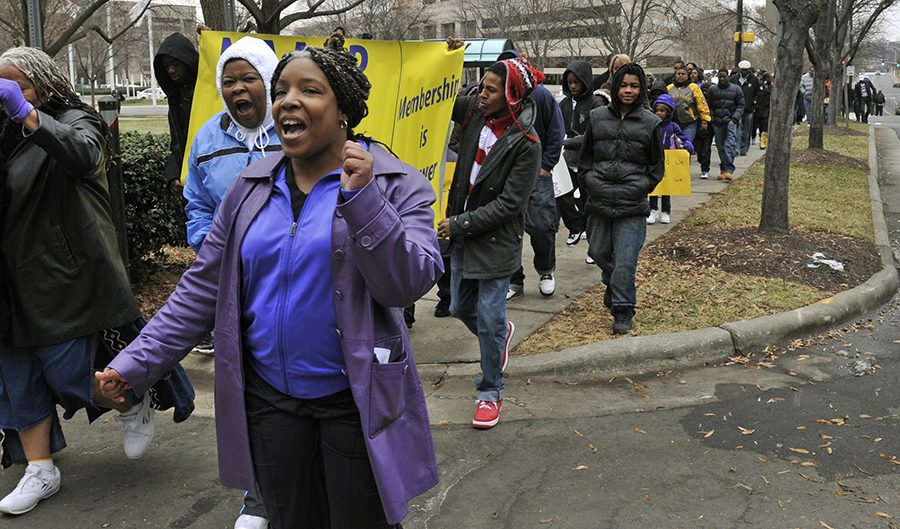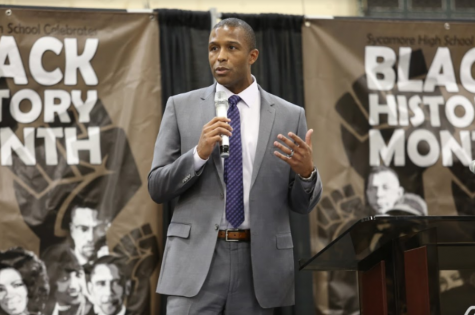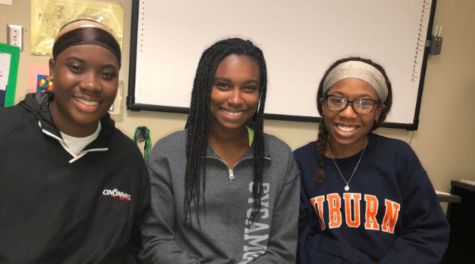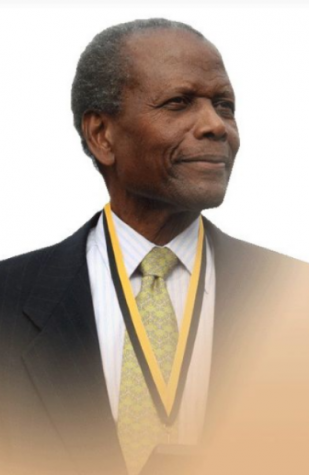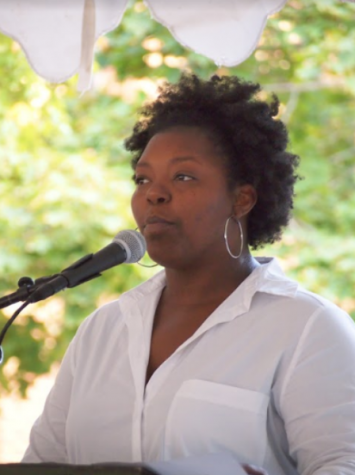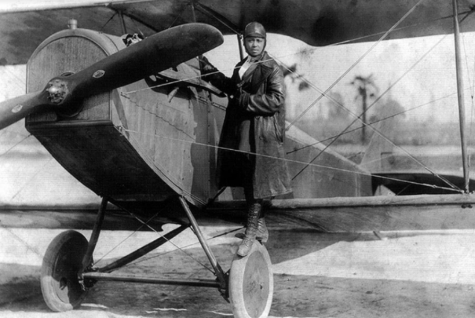Ella Baker
RAISE YOUR VOICE. Ella Baker never sought recognition for herself, instead promoting on the ideals she sought to make a reality. She wanted to cultivate a new group of leaders, so she focused on creating civil rights movements in colleges. “I found a greater sense of importance by being a part of those who were growing,” said Baker, according to “Time.
Civil Rights activist Ella Baker was born on Dec. 13, 1903, and grew up learning about social injustices from her grandmother in North Carolina.
She attended Shaw University, a historically black university in Raleigh, North Carolina and was the class valedictorian. Joining various social justice organizations, she struggled against discrimination of all kinds. Baker was even active in the Women’s Rights Movement.
From 1943 to 1946 she served as the national director of branches for National Association for the Advancement of Colored People (NAACP).
In 1957, Baker became the executive director of Southern Christian Leadership Conference (SCLC) upon the request of Dr. Martin Luther King Jr., which she left in 1960.
She established agendas for different organizations wanted to do more promoting of the mission than praising King, the leader.
Her work with the SCLC lead to the creation of the Student Nonviolent Coordinating Committee (SNCC) in 1960, which advocated for the younger generation to get involved in nonviolent protests.
Baker was over 50 at the time, but knew the importance of having the younger generation carry on the peaceful agitation for freedom. SNCC was one of the most significant civil rights organizations in the 1960s.
Her nickname was “Fundi,” a Swahili word that means a person who passes on their craft. Baker passed away on her 83rd birthday in 1986.


